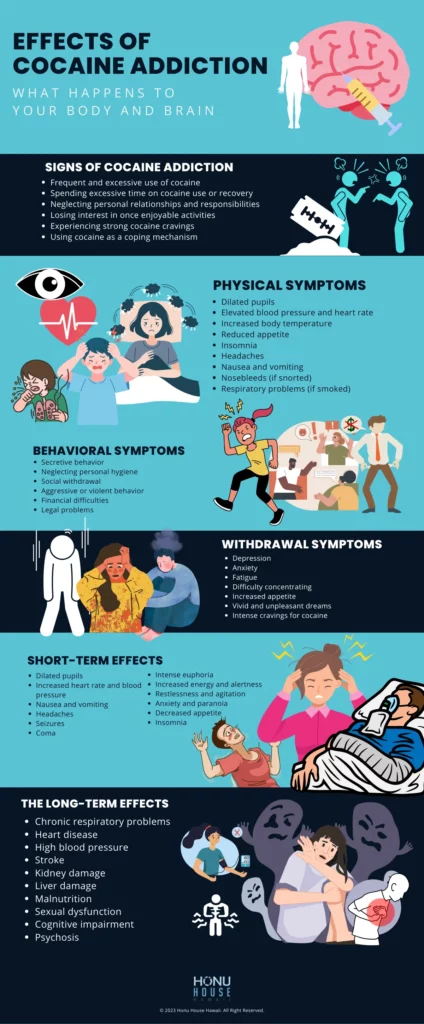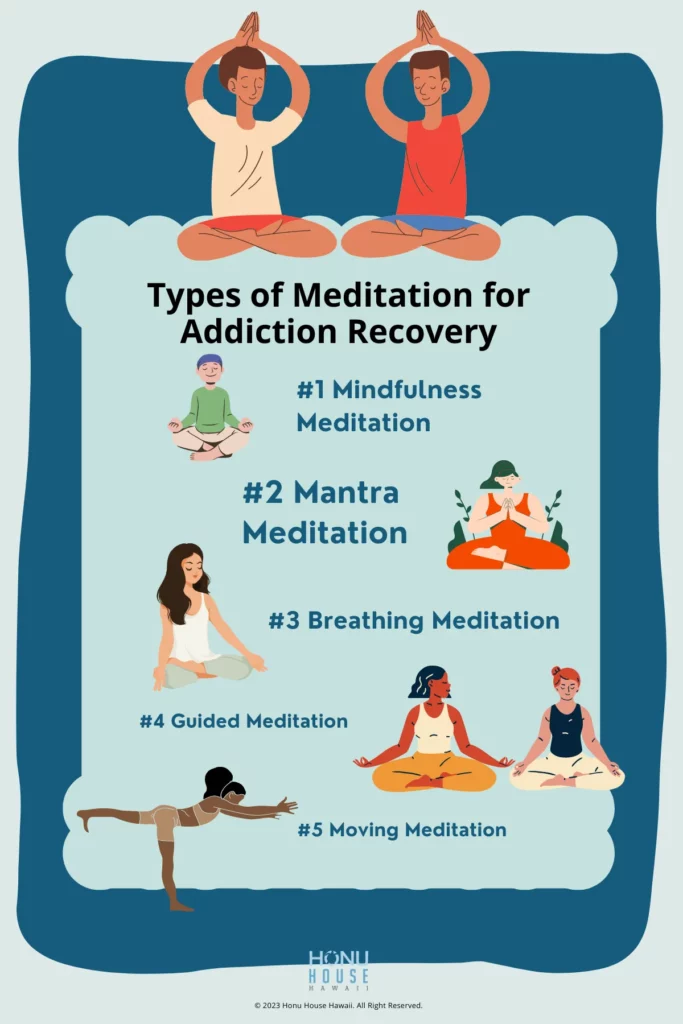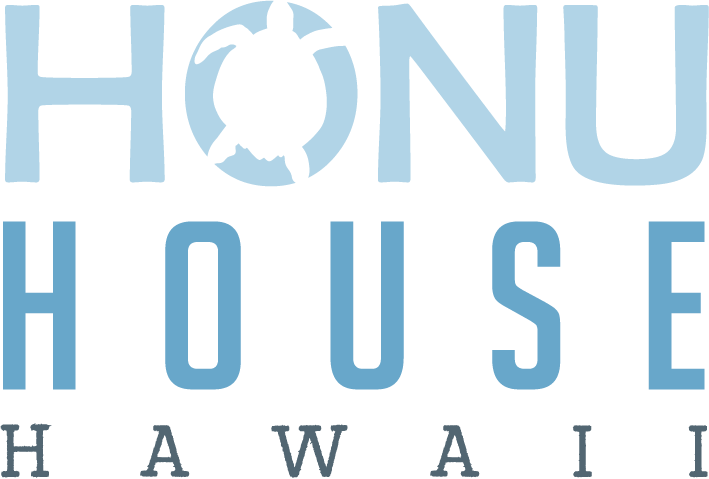
Everything You Need To Know About Cocaine Addiction
-
By John Burke
-
April 13, 2023
Cocaine addiction is a severe problem that affects millions of people worldwide. It is a highly addictive substance that can cause physical and psychological dependence and devastatingly affect a person’s health, relationships, and overall well-being. If you or someone you know is struggling with cocaine addiction, it’s important to understand the signs and symptoms of addiction and the available treatment options.
What is Cocaine Addiction?
Cocaine is a powerful stimulant that produces a sense of euphoria, increased energy, and alertness. It works by increasing the levels of dopamine in the brain, which is a neurotransmitter that is associated with pleasure and reward. When a person uses cocaine, they experience a rush of dopamine that can be highly addictive. Over time, the brain becomes less sensitive to dopamine, which can lead to a person needing more and more cocaine to achieve the same high.
Signs of Cocaine Addiction
Some of the signs of cocaine addiction include:
- Using cocaine more frequently or in more significant amounts than intended
- Spending a lot of time using cocaine or recovering from its effects
- Neglecting responsibilities at home, work, or school because of cocaine use
- Continuing to use cocaine despite negative consequences, such as relationship problems or financial difficulties
- Experiencing cravings or intense urges to use cocaine
- Using cocaine to cope with stress or other problems
How Addictive is Cocaine?
Cocaine is highly addictive, both physically and psychologically. The intensity of the high and the quick onset of its effects can make it easy to develop a dependence on the drug. As a result, occasional use can lead to addiction, and the risk of addiction increases with frequent use. According to the National Institute on Drug Abuse (NIDA), an estimated 1.5 million people in the United States are current cocaine users.
Physical and Psychological Dependence on Cocaine

The physical dependence on cocaine occurs when the body adapts to the drug and requires it to function normally. When people try to stop using cocaine, they may experience withdrawal symptoms, such as fatigue, depression, and intense cravings. Psychological dependence on cocaine manifests as a strong desire to use the drug, even without physical withdrawal symptoms.
Symptoms of Cocaine Addiction
Cocaine use can cause a range of physical symptoms, including:
- Dilated pupils
- Elevated blood pressure and heart rate
- Increased body temperature
- Reduced appetite
- Insomnia
- Headaches
- Nausea and vomiting
- Nosebleeds (if the drug is snorted)
- Respiratory problems (if the drug is smoked)
Behavioral Symptoms of Cocaine Addiction
In addition to physical symptoms, cocaine addiction can also cause behavioral changes, such as:
- Secretive behavior
- Neglecting personal hygiene
- Social withdrawal
- Aggressive or violent behavior
- Financial difficulties
- Legal problems
Signs of a Cocaine Addict
Some signs that a person may be addicted to cocaine include:
- Using cocaine despite negative consequences
- Lying about or hiding cocaine use
- Spending a lot of time and money on cocaine
- Losing interest in once enjoyable activities
- Neglecting personal relationships and responsibilities
Withdrawal Symptoms From Cocaine Addiction
When a person stops using cocaine, they may experience withdrawal symptoms, which can include:
- Depression
- Anxiety
- Fatigue
- Difficulty concentrating
- Increased appetite
- Vivid and unpleasant dreams
- Intense cravings for cocaine
Short-term Effects of Cocaine Use
The short-term effects of cocaine use can include the following:
- Intense euphoria
- Increased energy and alertness
- Restlessness and agitation
- Anxiety and paranoia
- Decreased appetite
- Insomnia
- Dilated pupils
- Increased heart rate and blood pressure
- Nausea and vomiting
- Headaches
- Seizures
- Coma
The Long-Term Effects Of Cocaine Use
The cumulative effect of years of Cocaine abuse can be severe and can include:
- Chronic respiratory problems
- Heart disease
- High blood pressure
- Stroke
- Kidney damage
- Liver damage
- Malnutrition
- Sexual dysfunction
- Cognitive impairment
- Psychosis
Types of Cocaine
Cocaine is a powerful stimulant drug that comes in various forms. The most common form of cocaine is a white, crystalline powder that is typically snorted through the nose. This form of cocaine is often referred to as powder cocaine or simply coke.
Another form of cocaine is crack cocaine, which is a hard, rock-like substance that is typically smoked. Crack cocaine is made by mixing powder cocaine with baking soda or another alkaline substance and heating the mixture until it solidifies.
Other forms of cocaine include freebase cocaine, which is a purer form of cocaine that is typically smoked, and coca paste, which is a crude form of cocaine that is made by soaking coca leaves in gasoline or another solvent.
Regardless of the form of cocaine, all types of cocaine are highly addictive and can cause a range of physical, psychological, and social problems. If you or someone you know is struggling with cocaine addiction, it is important to seek professional help as soon as possible. With the right treatment and support, it is possible to overcome cocaine addiction and reclaim your life.
Cocaine Overdose and Emergency Treatment
If someone you know is experiencing a cocaine overdose, it is important to act quickly to get them the help they need. First, call emergency services immediately to request medical assistance. While waiting for help to arrive, there are several things you can do to provide emergency treatment at home.
If the person is conscious and alert, encourage them to stay calm and sit or lie down in a comfortable position. Offer them water or other non-alcoholic fluids to help prevent dehydration. If the person is experiencing chest pain, difficulty breathing, or other serious symptoms, do not give them anything to eat or drink.
It is important to closely monitor the person’s breathing and heart rate, as a cocaine overdose can cause respiratory and cardiac arrest. If the person stops breathing or their heart stops beating, you may need to perform CPR or use an automated external defibrillator (AED) if you have the training.
It is also essential to keep the person calm and reassured while waiting for medical assistance. Offer words of encouragement and let them know that help is on the way.
Remember that providing emergency treatment for a cocaine overdose at home is only temporary. You must contact the emergency services immediately to ensure that the person receives proper medical care and monitoring. With prompt and effective treatment, most people who experience a cocaine overdose can fully recover and avoid long-term complications.
Cocaine Addiction Treatment

Treatment for cocaine addiction typically involves a combination of behavioral therapies and medications. The goal of treatment is to help the person stop using cocaine, manage withdrawal symptoms, and prevent relapse.
Behavioral Therapies For Cocaine Addiction
Behavioral therapies can help people identify the triggers that lead to cocaine use, develop coping skills to manage cravings and learn how to make healthier choices. Some common types of behavioral therapies used to treat cocaine addiction include:
Cognitive-behavioral therapy (CBT): Helps a person identify and change negative thought patterns and behaviors.
Contingency management: Provides incentives for abstinence from cocaine.
Motivational interviewing: Helps a person identify their motivations for changing their behavior and encourages them to make positive changes.
Medications and Cocaine Addiction
There are currently no medications specifically approved for the treatment of cocaine addiction. However, some medications can manage withdrawal symptoms and reduce cravings. These may include:
Antidepressants: Can help manage symptoms of depression and anxiety.
Antipsychotics: Can help manage symptoms of psychosis.
Benzodiazepines: These can help manage anxiety and insomnia.
Disulfiram: Can cause unpleasant reactions when cocaine is used, which can discourage use.
Inpatient Treatment
Inpatient treatments are recommended for people with severe addiction or co-occurring mental health disorders. Inpatient treatment involves staying at a treatment center for a while and receiving intensive therapy and support.
Outpatient Treatment
Therapists may recommend outpatient treatment for individuals with less severe addiction or those who have completed inpatient treatment. Outpatient treatment involves attending therapy sessions and support groups regularly at home.
Honu House Hawaii
Honu House Hawaii is a substance abuse treatment center in beautiful Kailua-Kona, Hawaii. They offer a variety of evidence-based treatment programs for people struggling with addiction, including cocaine addiction.
Their treatment programs are tailored to meet the unique needs of each individual and may include a combination of behavioral therapies, medication-assisted treatment, and holistic therapies, such as yoga and meditation.
Honu House Hawaii is staffed by a team of experienced and compassionate professionals dedicated to helping people overcome addiction and achieve lasting recovery. They provide a safe and supportive environment where people can learn new coping skills, connect with others in recovery, and begin to heal.
Cocaine Addiction and Honu House Hawaii
Cocaine addiction is a severe and potentially life-threatening condition. It can cause various physical, psychological, and social problems and be challenging to overcome without professional help. If you or someone you know is struggling with cocaine addiction, it’s essential to seek help as soon as possible.
Treatment for cocaine addiction typically involves a combination of behavioral therapies, medications, and support from family and friends. Honu House Hawaii is a reputable and reliable substance abuse treatment center offering evidence-based programs for cocaine addiction and other substance use disorders.
Remember that seeking help for addiction is a brave and important step towards healing and recovery. With the proper treatment and support, it is possible to overcome cocaine addiction and live a healthy, fulfilling life free from the adverse effects of substance abuse.
If you or someone you know needs help with cocaine addiction or any other substance use disorder, consider contacting Honu House Hawaii for guidance and support. You can also speak with your healthcare provider or a mental health professional for more information about addiction treatment options and resources in your area.
FAQ about Cocaine Addiction
What is cocaine addiction?
Cocaine addiction is a severe problem that affects millions of people worldwide. It is a highly addictive substance that can cause physical and psychological dependence and can have devastating effects on a person’s health, relationships, and overall well-being.
How addictive is cocaine?
Cocaine is highly addictive, both physically and psychologically. The intensity of the high and the quick onset of its effects can make it easy to develop a dependence on the drug. As a result, occasional use can lead to addiction, and the risk of addiction increases with frequent use.
What are the signs of cocaine addiction?
Some signs of cocaine addiction include using cocaine more frequently or in larger amounts than intended, spending a lot of time using cocaine or recovering from its effects, neglecting responsibilities at home, work, or school because of cocaine use, continuing to use cocaine despite negative consequences, experiencing cravings or intense urges to use cocaine, and using cocaine to cope with stress or other problems.
What are the physical and psychological effects of cocaine use?
Cocaine use can cause a range of physical symptoms, including dilated pupils, elevated blood pressure and heart rate, increased body temperature, reduced appetite, insomnia, headaches, nausea, vomiting, and respiratory problems. It can also cause behavioral changes, such as secretive behavior, neglecting personal hygiene, social withdrawal, aggressive or violent behavior, financial difficulties, and legal problems.
What are the short-term and long-term effects of cocaine use?
The short-term effects of cocaine use can include intense euphoria, increased energy and alertness, restlessness and agitation, anxiety and paranoia, decreased appetite, insomnia, dilated pupils, increased heart rate and blood pressure, nausea, vomiting, headaches, seizures, and coma. The long-term effects of cocaine use can include chronic respiratory problems, heart disease, high blood pressure, stroke, kidney damage, liver damage, malnutrition, sexual dysfunction, cognitive impairment, and psychosis.
What are the types of cocaine?
Cocaine comes in various forms, including powder cocaine or simply coke, crack cocaine, freebase cocaine, and coca paste. All types of cocaine are highly addictive and can cause a range of physical, psychological, and social problems.
What should I do in case of a cocaine overdose?
If someone you know is experiencing a cocaine overdose, it is important to act quickly to get them the help they need. Call emergency services immediately to request medical assistance. While waiting for help to arrive, encourage the person to stay calm and offer them water or other non-alcoholic fluids to help prevent dehydration.
